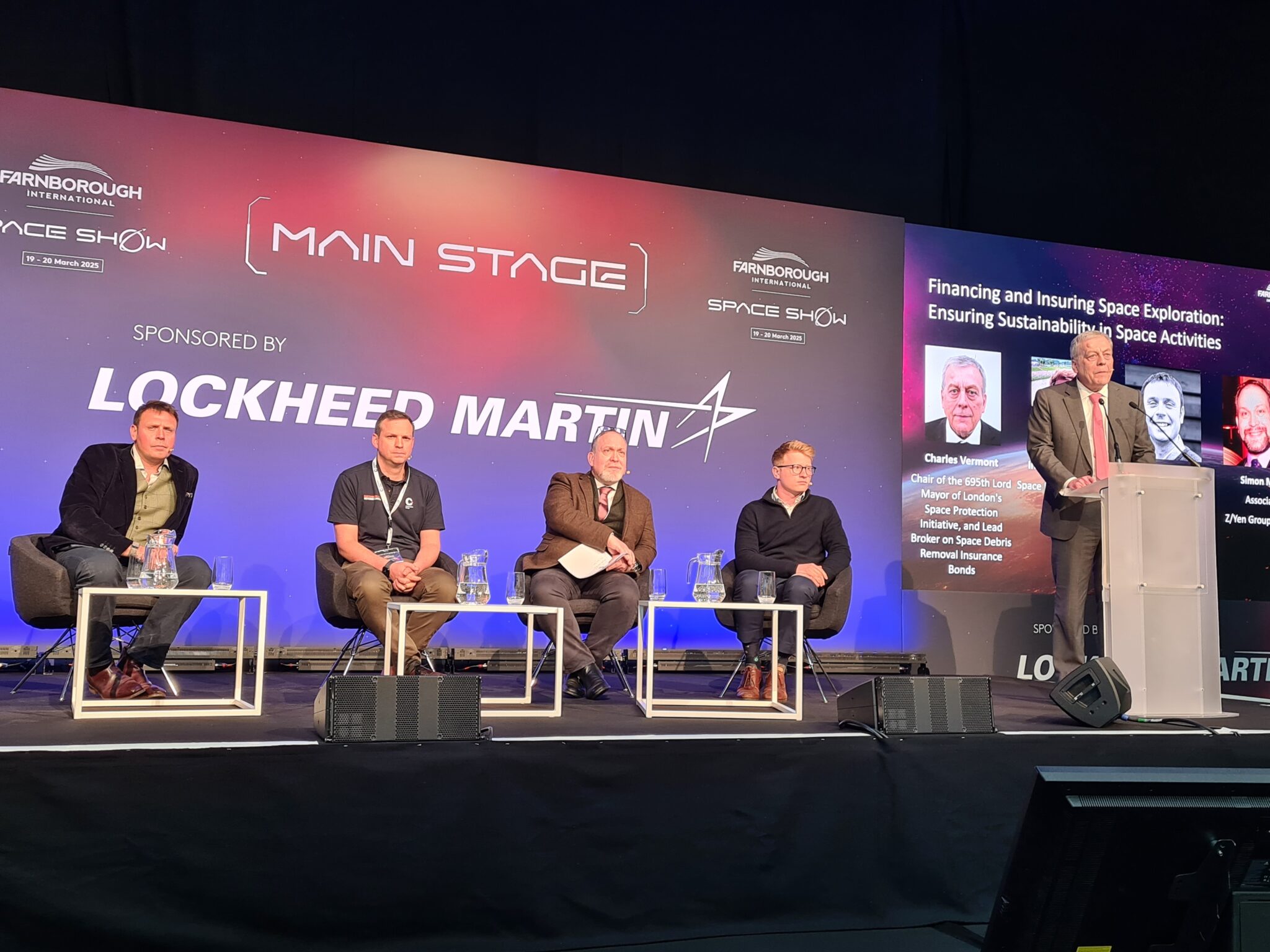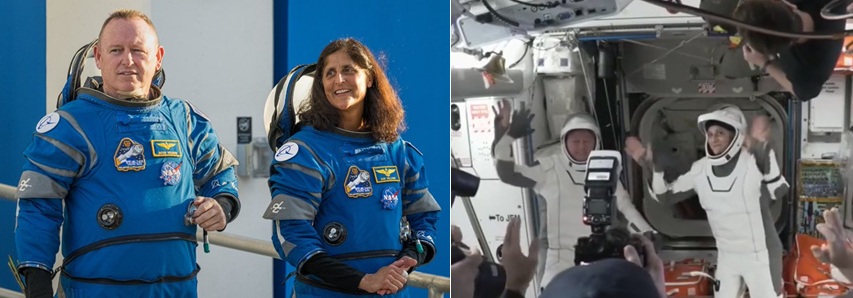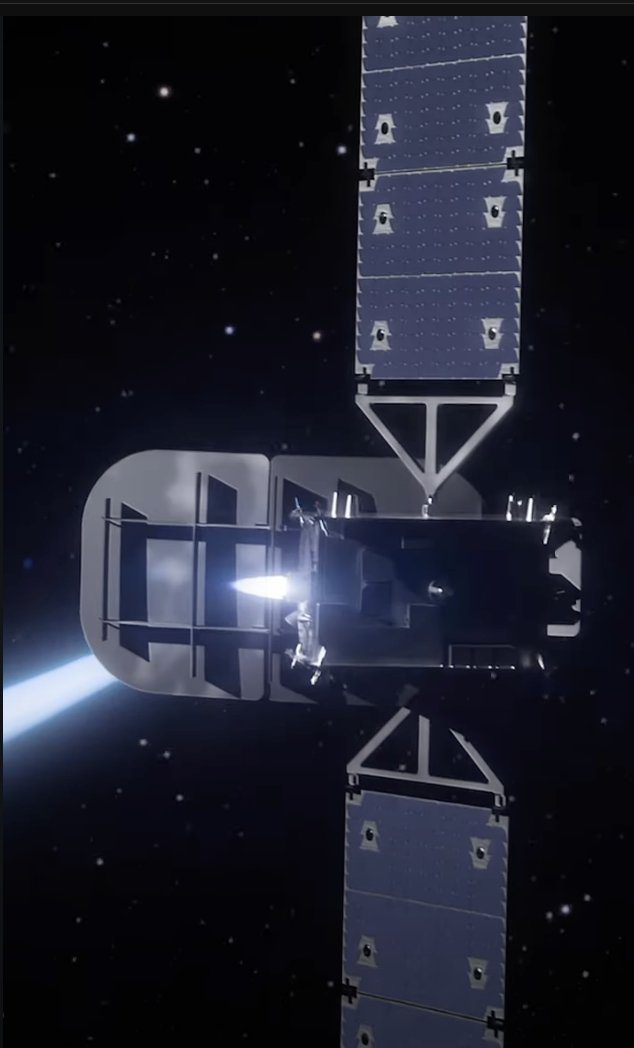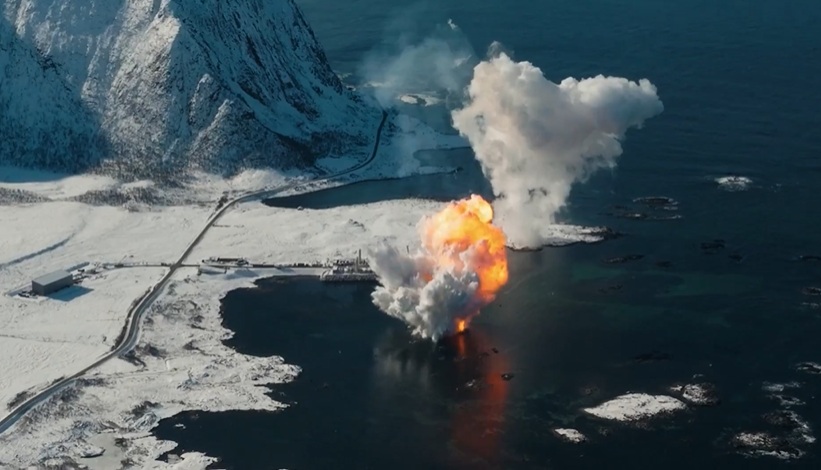Rocket Lab achieved a successful launch – dubbed “Baby Come Back” – with an Electron KS at 0127 GMT on 18 July, from Mahia Peninsula, New Zealand.
The launch vehicle carried seven satellites into orbit: a Telesat LEO 3 Vantage experimental communications satellite – a prototype for Telesat’s planned Lightspeed constellation, which was left in a 1019 x 995 km sun-synchronous type orbit at 99.4 degrees inclination; two Lemur-2 ship-tracking/atmospheric research satellites; and four NASA Starling satellites – a four CubeSat mission to test autonomous swarm flying technology. The latter six were left in a 585 x 566 km orbit at 99.5 degrees inclination.
However, as the name suggested, the launch had a secondary role to conduct a flight test of the first stage parachute/splashdown recovery technique. The Electron first stage successfully splashed down in the Pacific Ocean and was recovered by the small launch vehicle operator. The stage will be examined to determine if, in theory, it could be reused, although it is not expected to be put into action again.
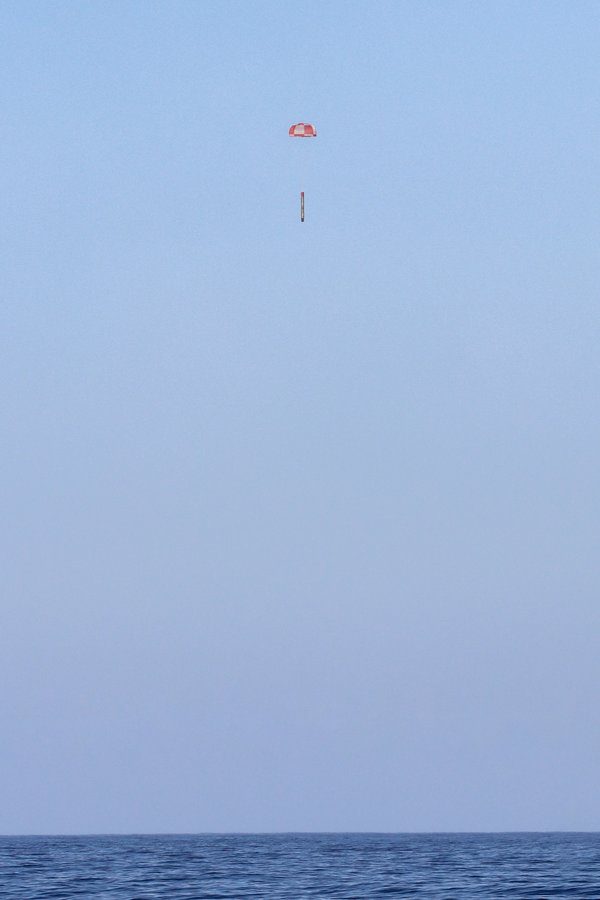
Rocket Lab parachutes its Electron rocket first stage during the “Baby Come Back” mission. Courtesy: Rocket Lab
While SpaceX has perfected propulsively landing reusable rocket stages, its competitors are exploring other ways to reuse the major elements of rockets. ULA proposes using a helicopter landing technique for its Vulcan first stage rocket engines despite the inherent risks to safety – although there are signs it may be reconsidering this plan. Rocket Lab initially went down a similar route as it tried to recover its full Electron rocket first stage by helicopter but, following two aborts/failed attempts, the approach was deemed too risky for the helicopter crew. As an alternative, the small launch operator wants to recover its Electron first stage via a parachute landing in the ocean, ideally keeping the hot engines out of the cold, salty water.
Comment by David Todd: A photograph of the floating stage appears to show the engines partially submerged which may have damaged them, making reusability unlikely. However, if airbags could be employed to keep the engines away from the water, this technology shows promise.
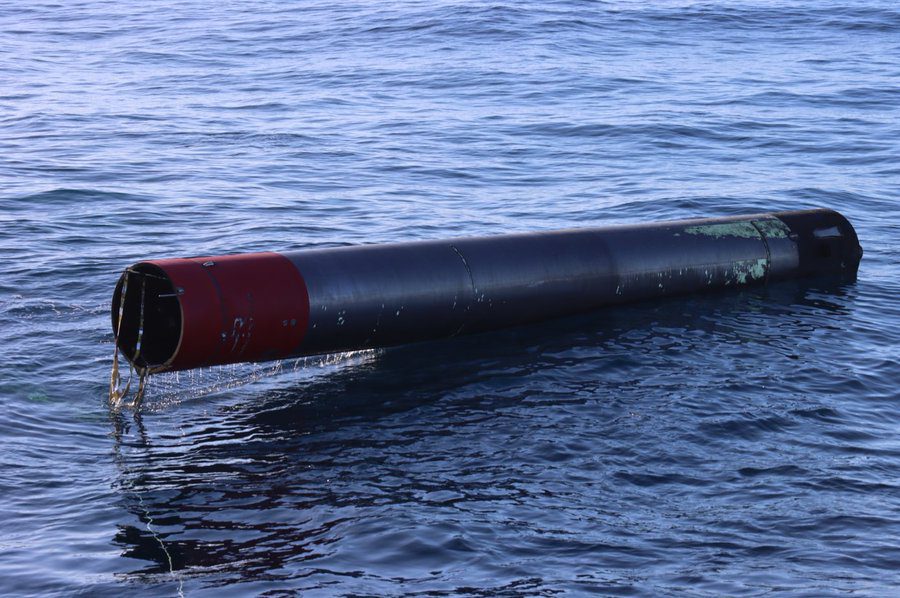
“Baby Come Back” Electron first stage after its splashdown. Note how the engines (at the non-red end) are partially submerged when ideally they should be held clear of the water. Courtesy: Rocket Lab

